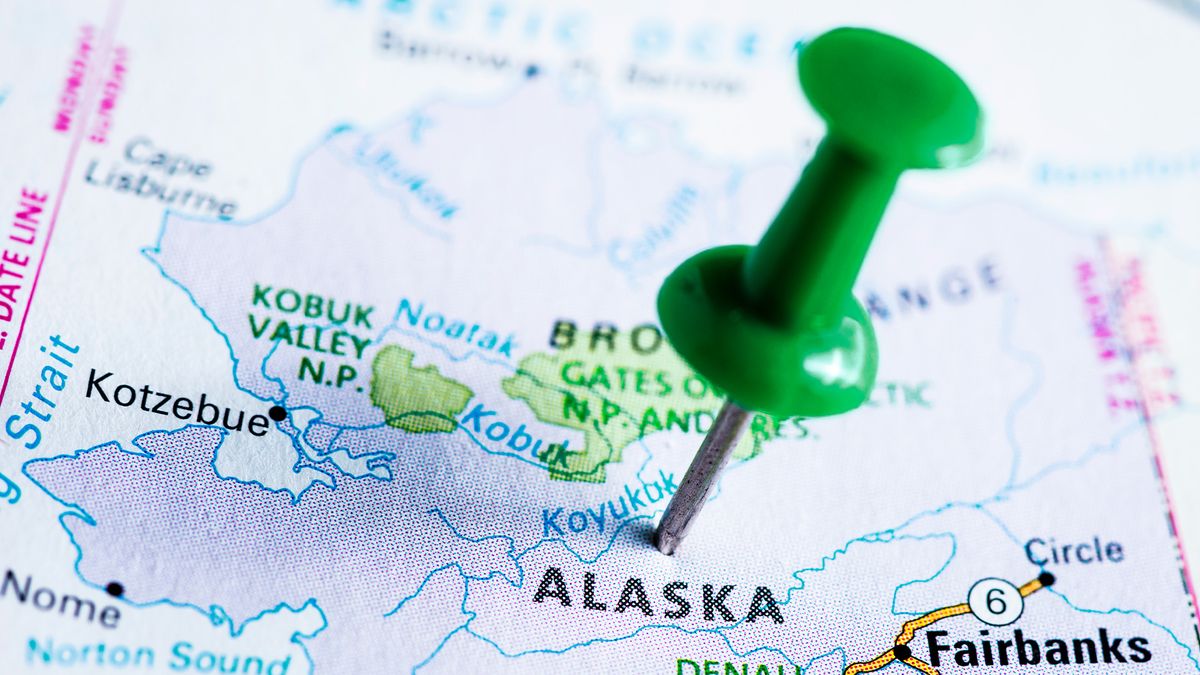
Less than seven years passed between the "Great American" total solar eclipse on Aug. 21, 2017, and the one on April 8, 2024. So when is the next total solar eclipse in North America?
The next one will take a bit more than seven years to arrive. After the April 8, 2024, total solar eclipse, the next one to be visible in North America will occur on March 30, 2033.
However, that one won't be nearly as accessible to most North Americans; totality will be visible only in Alaska and Russia. According to Time and Date, only 67,600 people live in the path of totality, even though it's a whopping 484 miles (779 kilometers) wide. For comparison, the path of totality for the April 8 eclipse is 115 miles (185 km) wide and encompasses 43.8 million people.
Related: Astronomers spot aurora on the sun for the 1st time
Despite the remoteness of the 2033 eclipse path — and the reasonably high chance of clouds there — the event is sure to attract thousands of eclipse chasers for a totality lasting up to 2 minutes, 37 seconds. One reason for that is that it's a great time to look for the northern lights in Alaska. March 30 is not long after the equinox (which occurs on March 20, 2033), which is known to be one of the most colorful times of the year in the polar skies, according to Space.com. The solar wind's magnetic field is more likely to accelerate charged particles down the field lines of Earth's magnetosphere that time of the year.
It won't be easy to travel to the far north and west of Alaska, but places ideally situated for totality in 2033 include Utqiagvik, Sagavanirktok, Kotzebue and Nome. Utqiagvik, the most northerly settlement in the U.S., will be packed with eclipse chasers. At 71.2 degrees north and a center for Iñupiat culture, it is the closest place to go for the longest totality on land.
After that, the next total solar eclipse in North America will occur on Aug. 22, 2044, when Greenland will also experience a totality lasting up to 2 minutes, 4 seconds. In Canada, Calgary and Edmonton will fall within the path of totality, seeing an eclipsed sun close to sunset. Montana and North Dakota will be the only U.S. states to get a view.
Just 354 days later, on Aug. 12, 2045, the U.S. will have a coast-to-coast total solar eclipse, bringing totality to northern California, Nevada, Utah, Colorado, Kansas, Oklahoma, Arkansas, Mississippi, Alabama and Florida. Port Saint Lucie, Florida, will experience the longest totality in the U.S. that day, at 6 minutes, 4 seconds.
Article From & Read More ( When is the next total solar eclipse after 2024 in North America? - Livescience.com )https://ift.tt/6icB4hR
Science
No comments:
Post a Comment